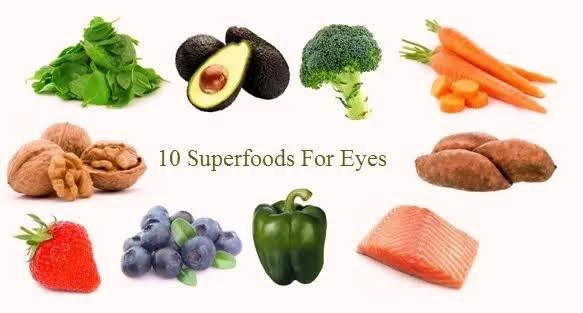Important Herbs for Blurry Vision
Notable herbs for blurry vision
Herbs like bilberry, ginkgo, turmeric, and fennel are traditionally used for various eye conditions, including blurry vision. This is due to their antioxidant and circulatory benefits, which may help protect against diseases like cataracts and glaucoma and improve blood flow to the retina. While research shows promise for some herbs, especially those containing antioxidants such as lutein and zeaxanthin, more clinical studies are needed to establish their effectiveness for treating blurry vision.
Herbs and Their Traditional Uses

- Bilberry (Vaccinium myrtillus): Contains anthocyanosides, potent antioxidants that may help improve night vision and protect against age-related eye diseases by improving circulation in tiny blood vessels within the eye, according to Sightsavers India.
- Fennel (Foeniculum vulgare): Used to relieve inflamed or watery eyes, with some people using fennel tea as an eyewash for conditions like cataracts and glaucoma.
- Ginkgo: May improve blood flow to the retina and protect eye nerve cells from damage caused by free radicals, potentially benefiting people with glaucoma and macular degeneration.
- Turmeric (Curcuma longa): Contains antioxidants that may help reduce the oxidation of the eye lens, which can contribute to eye problems.
- Grapeseed Extract: Rich in antioxidants and antihistamines, it is believed to be beneficial for overall eye health and may protect against screen-related eye strain.
- Saffron (Crocus sativus):Used in traditional medicine, saffron is thought to help with eye conditions such as cataracts and can delay eyesight degeneration in the elderly.
- Green Tea:Rich in catechins, a type of polyphenol, green tea has antioxidant properties that can help with overall eye health.
Important Considerations
- Consult a Professional: It is crucial to consult a healthcare professional before using any herbal remedy for blurry vision, as blurriness can be a symptom of serious underlying conditions that require medical diagnosis and treatment.
- Further Research Needed: While many herbs show promise in preliminary studies, more extensive research is needed to understand their specific effects and mechanisms for treating eye conditions in humans.
- Dietary Intake: Incorporating eye-healthy foods rich in nutrients like lutein and zeaxanthin, such as spinach, kale, and eggs, can support overall eye health.
How They May Help
These herbs offer various benefits:
Support for Specific Conditions: Saffron and fennel are associated with helping eye conditions like cataracts, while bilberry has been linked to better night vision.
Antioxidant Properties: Many of these herbs, including bilberry, turmeric, and green tea, contain powerful antioxidants that fight oxidative stress in the eyes.
Improved Blood Circulation: Herbs like bilberry and ginkgo biloba may enhance blood flow to the eyes, which is vital for delivering nutrients to ocular tissues.

